Katy Farber is our WRADvocate from Vermont!

In-between reading aloud, her students will reflect on the importance of reading through poetry, and writing. They hope to share these reflections at an all school meeting in the coming weeks.
Katy is also the founder of a website called "Non-Toxic Kids" in 2007 after the birth of her second daughter. She was constantly reading about environmental health, green living, and parenting issues, and wanted to share what she learned with other parents.
Thank you so much Katy, for all your work in supporting the growth of healthy young ones, young ones who have a healthy appetite for reading and learning as well! Read more about Katy below:
1. Can you share some of your earliest memories of reading and how they impacted you?
I also remember having these encyclopedias all about animals. They were yellow with fancy embossed gold on the covers and spines. I loved to look at all the pictures of exotic and interesting animals, and read about them. These books seemed like a key to another world, one of flamboyant flamingos and saber-toothed tigers.
2. How has what you've read influenced you professionally?
Jonathon Kozol’s books had a profound impact on my wanting to be a teacher and work for equality in education. I read his book, Savage Inequalities, in college—and its mark has never left me. For the first time I became painfully aware how much less money, effort, and time was allotted per student in poor communities and schools. Much later, I read Letters to New Teacher, which I quoted often in my own book, Why Great Teachers Quit. I continue to be moved to action by quotes such as this, about the responsibility of teachers “…..to act, no matter what their shyness or their modest self- effacement, as outspoken warriors
for justice.... A battle is beginning for the soul of education, and they must be its ultimate defenders.” (p. 207- 208)
3. What advice would you give to teachers; parents and caregivers who want to reach their struggling readers?
Keep searching for books that spark that interest. And read, read, read. Read in front of your child. Laugh out loud when reading. Gasp and hoot and holler. Show your child the pictures in magazines and discuss the articles.
Find the gripping stories like Harry Potter, and hook them in. Read aloud. Every.Single. Night. Eventually your child will grab the book from you to read, or beg you to read more.
4. What book do you think young people should not miss?
So many! Here are some books for early readers I have read to my two young daughters recently, and we love, love them:
Weslandia by Paul Fleischman
Of Thee I Sing: A Letter to My Daughters by Barack Obama
My Name is Not Isabella by Jennifer Fosberry
James and the Giant Peach by Roald Dahl
Imogene’s Last Stand by Candace Fleming and illustrated by Nancy Carpenter
Seven Brave Women by Betsy Hearne
5. What do you think is most essential for teachers, parents and caregivers to do
in order to nurture a child to become a lifelong reader?
I teach sixth grade, and read aloud time is one of my students’ favorite times of day. I love seeing their faces pique with interest as I read an exciting scene. And pausing to “think aloud” about my reading strategies, connections, and reactions models for them what a good reader does, and invites them to join
me. In my view, reading aloud exciting, grade level text, with” think alouds” from the reader should be part of every classroom literacy program. Right now, I am reading The King of Mulberry Street by Donna Napoli to my students. Through this exciting book, and other non-fiction text, students are learning all about the
immigrant experience in a real and meaningful way.
Giving students time to read is essential, and absolutely critical to developing children into life long readers. Also, parents and teachers modeling a geniune love of reading and eternal curiousity is a wonderful example for kids.
6. Will you share with us some final meditations on the power of the read aloud and of reading in general to the emotional lives of children and for all people?
I will never forget one powerful interaction I had with a student about reading. She was a small, shy, fifth grade student. After I read Tangerine, by Edward Bloor, to the class, she wrote a response in her journal. In the book, the main character describes how hard it is to see someone who has died at a funeral--
how surreal, confusing, and troubling it is. This little girl had an uncle who had recently died, and she said that reading that scene made her feel normal and not so alone.
And that is what reading aloud does. It connects us, it validates us, it enriches it empowers us…and so much more.

